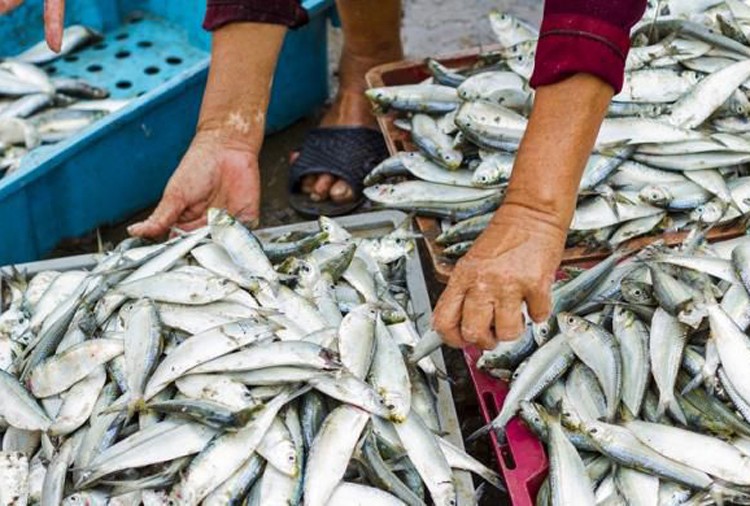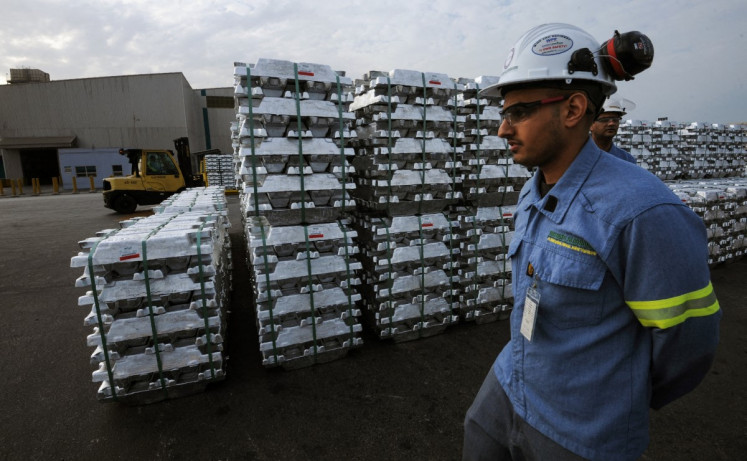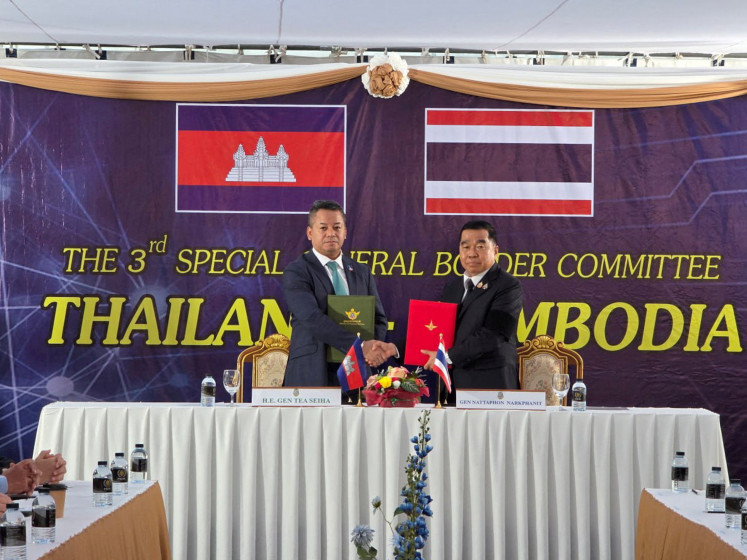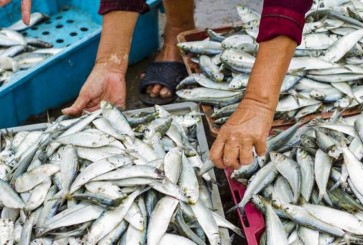Popular Reads
Top Results
Can't find what you're looking for?
View all search resultsPopular Reads
Top Results
Can't find what you're looking for?
View all search resultsFish, feminists, fishy business and religious bias
At the bureaucratic level, women are not recognized as fisherwomen. On their identity cards (KTP), their occupation is stated as ibu rumah tangga (housewife), despite the fact that they contribute equally, if not more, to household income.
Change text size
Gift Premium Articles
to Anyone
A
fter having read Jurnal Perempuan No. 95, there is no way will I ever look at and eat fish the same way again. At least, not fish caught in Indonesia.
What does a feminist journal have to do with fish, one might ask? Well, the theme of their latest issue, No. 95, is perempuan nelayan (fisherwomen) in Indonesia.
Jurnal Perempuan (JP) is the oldest and first feminist journal in Indonesia. It looks critically at a wide range of issues and how they impact and involve women. Considering that Indonesia is a maritime nation with almost 55,000 kilometers of coastline — ranked third in the world — with 69 people working as fisherfolk, the topic of fisherwomen is very relevant.
At the launch of JP No. 95 on Jan. 31, a speech on improving the status and welfare of fisherwomen was given by Dr. Ir. Rina, M. Si, the head of the Fish Quarantine, Quality Control and Safety of Fisheries Products Agency, on behalf of Maritime Affairs and Fisheries Minister Susi Pudjiastuti.


















